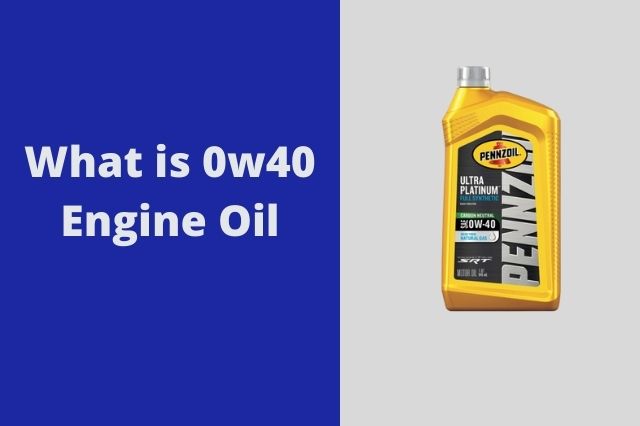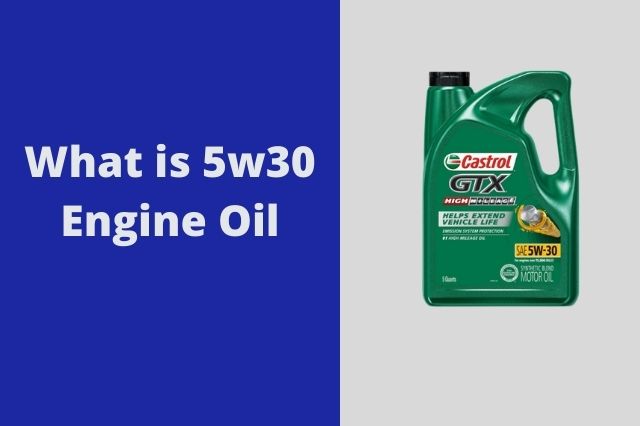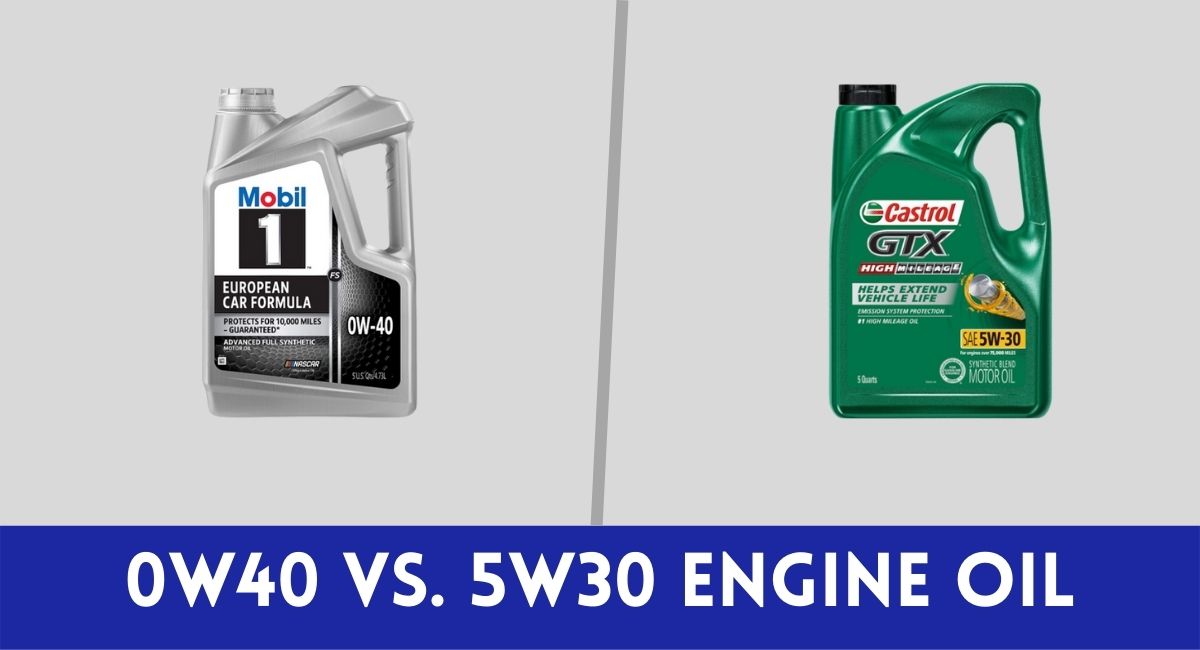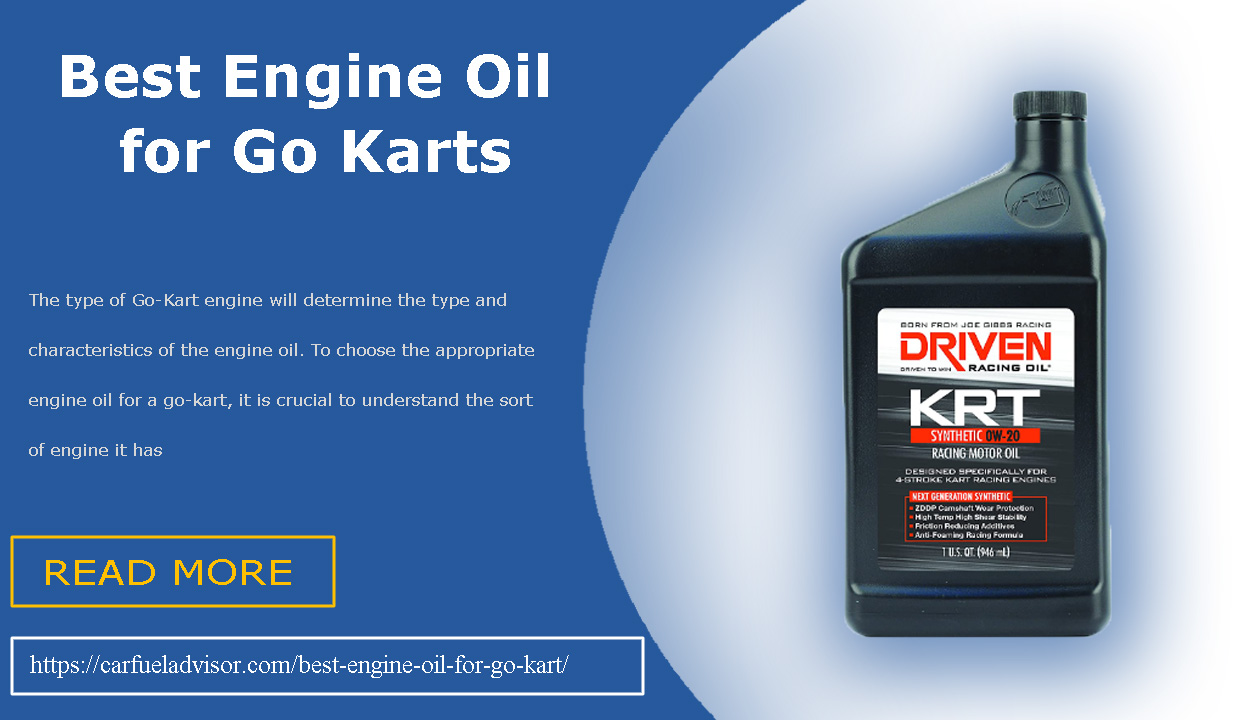Motor oils are often compared as medicines for a car. While the right motor oils can make a car perform better and last longer, the wrong motor oil can destroy it from the inside. In a sentence, motor oils are something that can make or break the health of a car engine.
Motor oils help to maintain a proper lubrication which is very crucial for ensuring a long and trouble free life for an engine. However, it is important to remember that oils come in different grades, weights and specifications. To ensure the best performance for your car, you need to provide your car with an oil that suits the weather condition and engine demands.
Among the oils of different grades, weights, and specifications, we are going to discuss two commonly used oils in this article: 0W40 and 5W30. We are going to identify the similarities as well as differences between 0W40 and 5W30 with our detailed analysis. Finally, we will try to provide our verdict on the winner of this 0W40 vs 5W30 battle!
Explanation of Engine Oil Grades of 0W40 and 5W30
To understand the oils in a proper way, first we need to understand the viscosity grades they belong to. In 0W40 and 5W30, “5W” and “0W” stand for their relative viscosity at cold temperatures. The thickness of the oil is proportional to the temperature, which means the thickness of the oils also increases as the number increases.
However, the letter “W” in 0W40 and 5W30 stands for the word “winter”. The number that comes before “W” represents the oil’s viscosity at lower temperatures, while the number coming after “W” represents the oil’s viscosity at higher temperatures.
0W40 oils characterize winter viscosity of 0 grade, and hot viscosity of 40 grade. 5W30 oils characterize 5 viscosity grade in cold temperatures and 30 temperature grade in hot temperatures. The difference in the viscosity grades between 0w40 vs 5w30 shows the difference in the weight level they characterize in a certain temperature.
What is 0w40 Engine Oil?

0W40 engine oils flow like 0 Weight oils in cold conditions, while offering robust protection like a 40 Weight oil as soon as the engine reaches its highest operating temperature. This multi-grade oil is available only in full synthetic. The oil ensures enhanced engine durability for vehicles.
Use and Application of 0W40 Motor Oil
0W40 oils are excellently suitable for extreme weather and both hot and cold temperatures. Especially, the performance of this oil in cold temperatures is quite unparalleled compared to most other oils. The oil goes perfect with gasoline and diesel powered engines, and it works great for everyday vehicles while ensuring a great fuel economy.
What is 5W30 Engine Oil?

5w30 motor oils have lower viscosity grade of 5 and higher viscosity grade of 30. Just like most other motor oils today, 5W30 is also a multi grade oil. 5w30 oils can deliver you a great performance in differing temperatures, from as low as -30º C to as high as 35 ºC. Thus, it is considered an ideal choice for cars that need to run in places with high temperature variations.
Use and Application of 5W30 Motor Oil
5W30 oils are perfect for cars running in cold weather regions. They deliver adequate performance in higher temperatures as well. Because of the low viscosity they have, they are generally recommended for light duty petrol or diesel engines. Automakers recommend this oil for passenger cars, light vans, SUVs, and trucks. Even with the high performance turbo charged and supercharged engines, 5W30 oils show a great performance.
See how SAE 30 vs SAE 5w30 Engine Oil Compare.
0w40 vs 5w30 Engine Oil: Which One Is Best for Your Vehicle?
To understand which oil would be the best fit for your car, you need to understand the specific similarities and differences between 0w40 vs 5w30. Here we have presented the features, characteristics, and applications of these two oils, so that it can be easier for you to make the best decision!
| 0W40 Engine Oil | 5W30 Engine Oil |
|---|---|
| Fully synthetic | Fully synthetic |
| Best for increasing engine efficiency | Best For engines over 75000 Miles |
| Performs great in extreme weather conditions | Not appropriate for extreme cold weather |
| Fast Protection ensures minimum engine wear and deposit | Highly Resistant To Viscosity as well as thermal breakdown |
| Works best in the temperature range from -40 °C to 40 °C | Works well in the temperature range from -30 °C to 35 °C |
| Maintain Excellent Viscosity For Up To 10,000 Miles Between Oil Changes | Helps Prevent Build Up That Can Cause Corrosion |
| Recommended for European vehicles including Porsche, Mercedes-Benz, Volkswagen, etc. Also gaining popularity with American cars and pick-up trucks. | Recommended for passenger cars, SUVs, trucks, light vans, and more. |
FAQ
Can I Use 0w40 Instead Of 5w30?
It is possible to use a 0W40 oil instead of 5W30 oil, but it might not provide the same performance as a 5W30 oil. 0W40 oils are thinner than typical 5W30 oils, and so they do not perform so well with engines that demand more thickness in order to ensure an optimal viscosity at start-up.
You need to remember that motor oils with thick viscosity perform best in the hotter regions, while motor oils with thinner viscosity perform best in the colder regions. If we compare between 0W40 and 5W30 oils, 5W30 oils are thicker than 0W40. Consequently, they perform better in hot temperatures. This is why it should be better to stick to the automaker’s recommendation while choosing the right oil for your car.
What’s the difference between 0w40 and 5w40 oil?
0W40 oils deliver a much better flow and start-up performance in cold weather conditions. A 5W40 oil on the other hand, is a thicker oil that performs better in hot temperatures.
Which is better, 0w40 or 5w40?
0W40 oils are fully synthetic motor oils that offer a better fuel economy compared to 5W30’s conventional synthetic blend. As 0W40 oils are thinner compared to 5W30s, they are more economical in terms of oil consumption. Thereby, 0W40 oils are better if you consider them from an economical perspective.
Is 0w40 thicker than 5w30?
The answer is, “no”. 0W30 oils have less viscosity compared to 5W30 oils, and so they are less thick compared to 5W30 oils.
Final Verdict
If we get to summarize our comparison of 0W40 vs 5W30 oils, we have to agree that both of the multi-grade oils are excellent in terms of their performance. However, the main difference between them is that 0W40 oils can flow much better at lower temperatures while 5W30 oils suit better in warmer temperatures.
So, if you need to run your car in extreme cold weather, 0W40 oils should be on top of your priority list. However, it does not mean that 0W40 oils cannot perform well in hot temperatures! 0W40 multi-grade oils are so versatile that they can suit a wide range of temperatures. However, 5W30 oils might not be the best option for you if your car needs to run in extremely cold weather. For a random or warmer weather instead, 5W30 oils can provide a great performance and engine protection.
We believe that our hard work has helped you to know better about these oils. If you still have any further queries, please feel free to contact us. We will do our best to solve your issue as soon as possible!





You claim 5w30 oil is thicker than 0W40, but I believe you are wrong 5w30 mds shows 10.6 viscosity at 100c and 0w40 mds shows 12.5 viscosity at 100c. 0w40 performs better in cold weather and in hot weather.